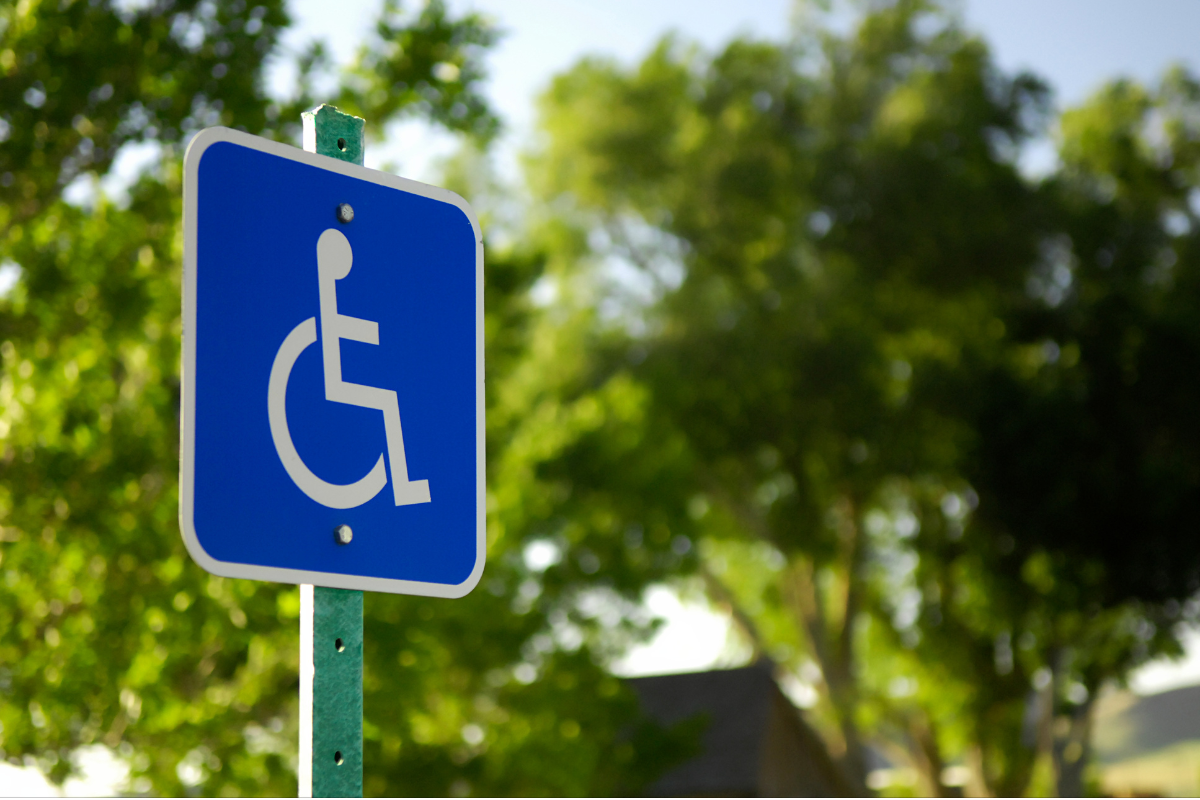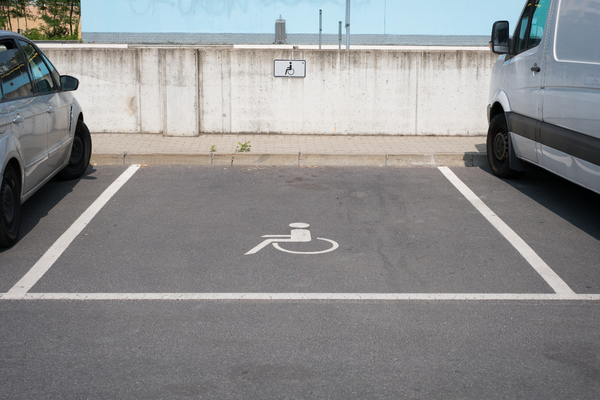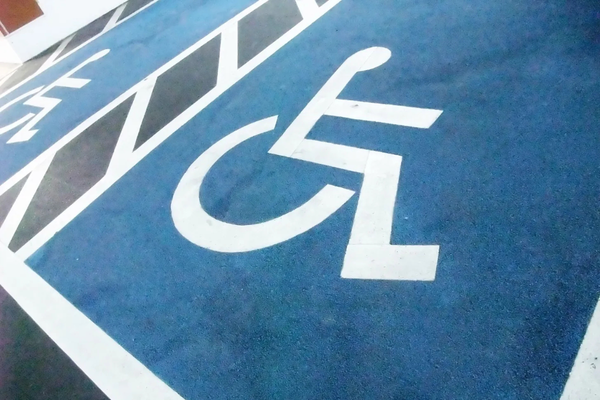1/6/25 - Jimmy Carter, Alice Wong, and 2025


Jimmy Carter's landmark moment: The birth of the disability rights movement
Matthew Rozsa, Salon - May 1, 2022
"When I interviewed Jimmy Carter in 2018, I thanked him for his support of Section 504 and for what he had done for the disability community. I also asked him what advice he had for younger Americans today. He responded: "Never give up, and follow the advice of my school teacher: 'We must accommodate changing times but cling to principles that do not change.'"
As President Carter will be laid to rest in a few days, it's a good time for those of us involved in disability culture to review the role he played in the history of disability rights in the United States. Jimmy Carter broke new ground, first by specifically committing to disability rights in his 1976 campaign for president, and later for ultimately presiding over strong implementation of the first major disability rights legislation in U.S. history, Section 504 of the Rehabilitation Act. As this piece written a few years ago explains, it's not a simple, uncomplicated story of steadfast political commitment. President Carter didn't make Section 504 happen, and he almost derailed it, if second hand. The law prohibiting disability discrimination in federally-funded programs was finally properly implemented mainly because of creative and tenacious protests for disabled activists. But President Carter probably helped set the conditions that made this possible. And he deserves credit for embracing disability rights – still a novel thing for a president to do at the time – and for signing the final implementation. He probably didn't have to do these things. But he did. And that's worth remembering right now.
Disability advocate Alice Wong on resistance in the new year: ‘Life is a dumpster fire, but I’m not alone’
Maanvi Singh, The Guardian - January 2, 2025
"Wong writes unflinchingly about how US policies and systems fail disabled people, queer people, immigrants and people of color. She writes about her own story – about growing up with a neuromuscular disease, coming into herself and her activism, and a series of medical crises in 2021 that triggered her transformation into a self-described “disabled cyborg” who now relies on a range of technology to stay alive, and a text-to-speech device to communicate."
There are a lot of angles we could take on this interview with Alice Wong. What strikes me most at the moment is how the interviewer and Alice together manage to make the narrative of Alice's life so much more than just a typical story of another disabled person's life of "overcoming" adversity. There are elements of Alice's stories here that are a lot like thousands of other disabled peoples' stories – medical struggles and neglect, changing self-perceptions, (often quite dramatic and traumatic), achievements that defy expectations. But while these kinds of personal stories can become almost boring, especially to other disabled people, Alice's stories are always anchored in wider disability issues and cultural themes that make them not so much inspiring as important, substantial. And of course, Alice is funny. She can talk about the most devastating and morally confronting things one minute, and shift to dark humor and life's everyday pleasures the next – without a hint of whiplash.
3 trends that worry disability advocates as they look ahead to 2025
Timmy Broderick, Stat - December 27, 2024
"Brace yourself, people with disabilities. 2025 could be a wild one."
An article like this could easily include 9 or 12 more equally concerning trends facing disabled people in the coming years. But the three issues profiled here are definitely worth keeping an eye on: Artificial Intelligence churning out a zombie variety of ableism, a new round of threats to health care and home care funding, and the possibility public health policies that are even worse for disabled people than they have been with COVID. These are things we should all be thinking about. And part of that I think is getting in some practice in how to talk about them. Because our voices are going to be needed – urgently.



